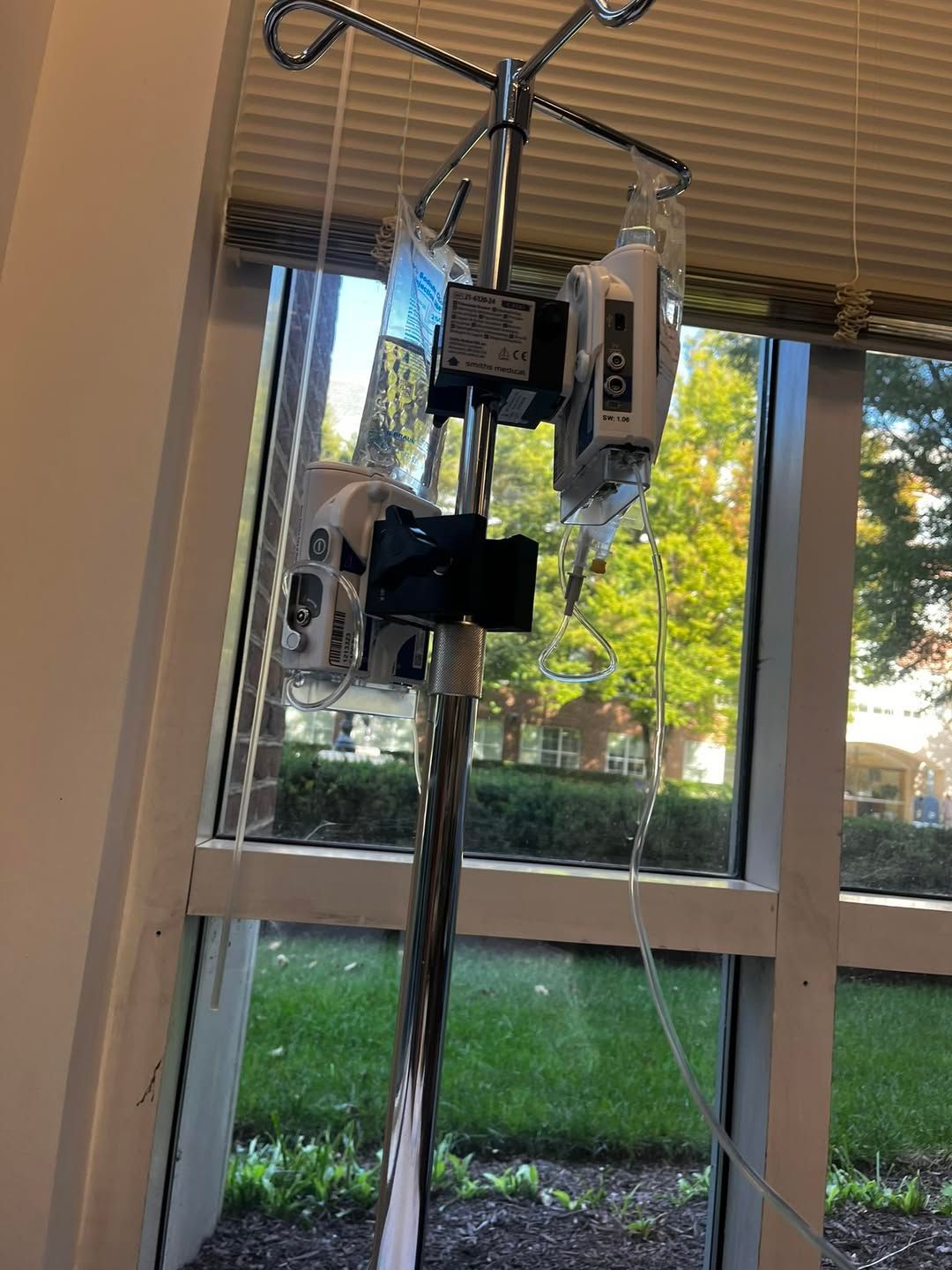Unexpected Outcomes
The Power of Knowing When to Reset
I am a planner.
I map out my days and weeks far in advance, and while I am not super type A, I like to know the general idea of what’s coming up.
In January, my body was like the waiter pulling the table cloth off the table at break neck speed. But instead of everything landing neatly like it does in the movies, my plans crashed to the floor, my dreams spilled into the tiny cracks and crevices of the floorboards, and despite my desperate attempts to mop it all up, collect each shard of shattered glass- I was left with a whole different set of circumstances.
I am a mom, a wife, a daughter, a friend, a sister, a teacher, an advisor, a traveler, a writer, a reader, a business owner, but I am also something else- I am someone living and coping with the unpredictable.
I have MS.
For those who are not familiar, Multiple Sclerosis (MS) is an autoimmune disease where your body attacks the myelin sheath of your nerves. Unable to conduct properly, you experience muscle spasms, pins and needles, numbness, and, occasionally, pain. Some individuals with MS lose the ability to walk and even swallow properly. This disease is no joke, and while I have been able to back burner it most of the time with the amazing medical advances, this time, my body said- no more-
insert table cloth scene.
Ironically enough, I grew allergic to the very medicine that was keeping me well, so I had no choice but to go off all medicine and wait for my body to “reset.”
As you can imagine- this waiting game feels like a ticking time bomb. Last night, the tip of my nose went numb while I was on a call with my EdD team. The weight hangs over me like a heavy shroud because in one week, we will present our dissertation. As my team and I put on the finishing touches, my right pinky finger goes numb.
This unexpected turn is a reminder that the best laid plans are just that-- plans.
The only real plan is reality.
Many of the students I work with on a daily basis have to regroup and reset. Life throws them a curveball, and they sit pondering-
what’s my next move?
They are in a real life pit and pendulum situation, and I can totally relate. My experiences with resetting allows me to talk with them about this topic in a new light.
Somewhere along the way, we are taught that resetting is less than ideal. It should be avoided- come on,
stick to the plan!
However, I do not think we have to look at the reset as all bad. It teaches us perseverance, grit, and tenacity. Heck, it might even lead to something better.
So as I adjust to this new, unexpected path I find myself on today, I am reminded we cannot always stop the dishes from crashing to the ground, true, but we can pause, regroup and reset until it is time to set the table again.











